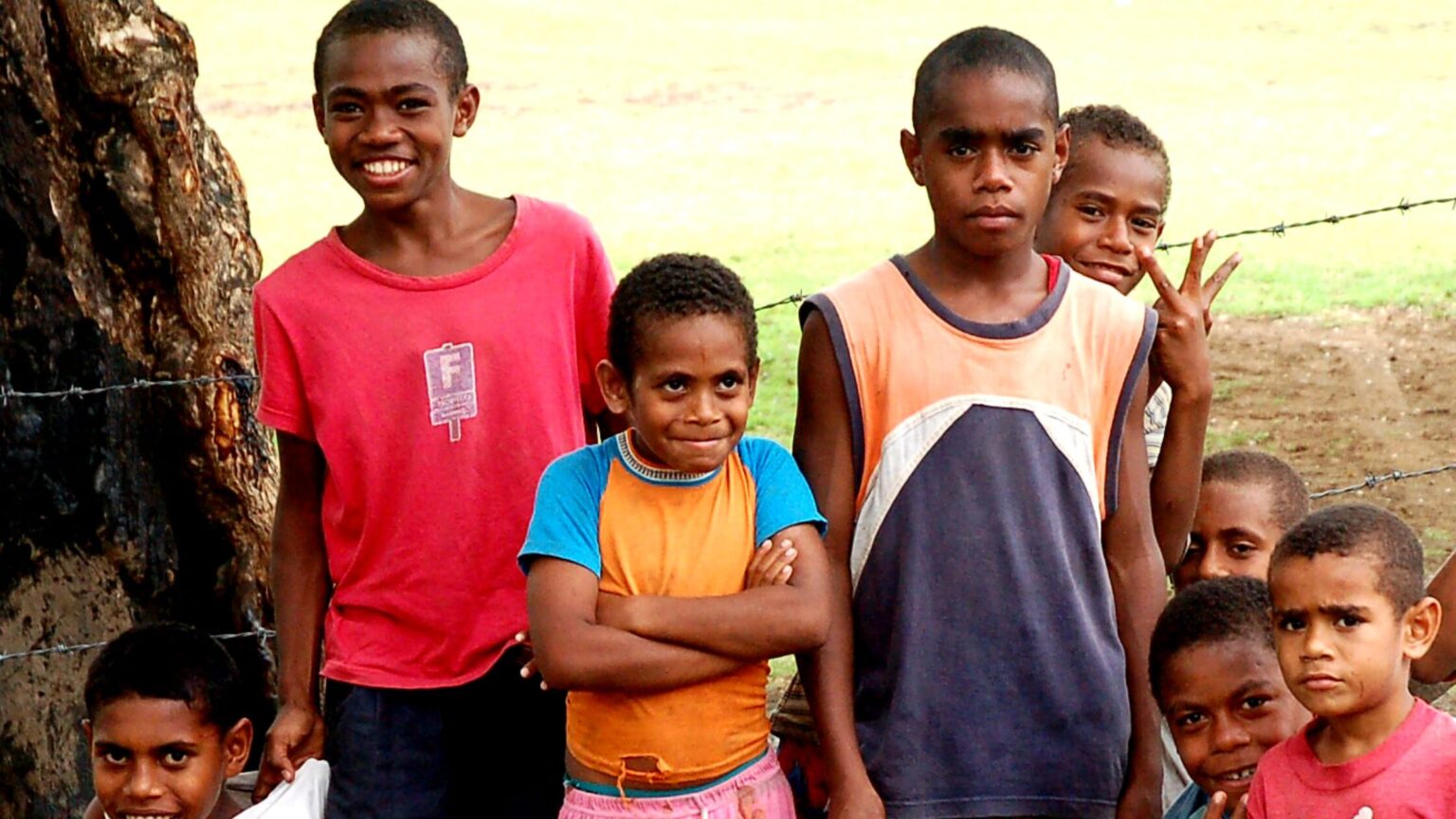Here’s a detailed look at Fiji’s citizens – including population makeup, demographics, identity, and legal status:
Fiji’s Citizens Overview
1. Population
- Total Population: Approx. 930,000 (2024 estimate)
- Location: Majority live on the two main islands, Viti Levu and Vanua Levu
- Urban centers: Suva (capital), Nadi, Lautoka, Labasa
2. Ethnic Composition
Fiji is a multi-ethnic society, mainly consisting of:
| Group | Percentage | Description |
|---|---|---|
| iTaukei (Indigenous Fijians) | ~56% | Native Melanesian population; deeply connected to land and traditions |
| Indo-Fijians | ~37% | Descendants of Indian indentured laborers brought during British rule (1879–1916) |
| Other Pacific Islanders | ~2% | Rotumans, Banabans, and other island groups |
| Europeans, Chinese, and Mixed | ~5% | Mostly in urban business and trade sectors |
3. Citizenship Laws
Fiji grants citizenship through:
- Birth (if at least one parent is a citizen)
- Descent (born abroad to Fijian parents)
- Naturalization (after 5–10 years of legal residency)
- Dual citizenship is allowed (as of 2009 constitutional reform)
4. Social Structure
- iTaukei live in communal societies; land is owned by clans (mataqali) and cannot be sold.
- Indo-Fijians often reside in towns and farms, particularly in the sugarcane belt.
- Urbanization is growing, but village life remains central to Fijian identity.
5. Languages
- English (official)
- Fijian (iTaukei) – native to Indigenous Fijians
- Fiji Hindi – spoken by Indo-Fijians
Multilingualism is common; schools teach all three in different contexts.
6. Religion
- Christianity (~64%): Dominant among iTaukei (mostly Methodist)
- Hinduism (~27%): Predominantly Indo-Fijian
- Islam (~6%): Indo-Fijian and immigrant communities
- Religious harmony is mostly maintained, though tensions have arisen in the past.
7. Demographics & Family Life
- Median Age: ~28 years
- Youth Population: Over 50% under age 30
- Family structures are extended and intergenerational.
- Elders are respected and play a central role in decision-making.
8. Fijian Diaspora
- Many Fijians live abroad, especially in:
- Australia, New Zealand, Canada, USA, and the UK
- Reasons include education, employment, and political asylum (post-coups)
9. Rights & Identity
- Citizens have full access to healthcare, education, and civil rights
- Since the 2013 Constitution, all ethnic groups are officially called “Fijians”
- Previously, only Indigenous people held this title.
- The term “iTaukei” is now used to distinguish Indigenous Fijians when needed.
10. Civic Participation
- Voting age: 18
- Fijians participate in national elections every 4 years.
- Citizens are encouraged to engage in local government, especially in village councils, women’s groups, and youth clubs.


